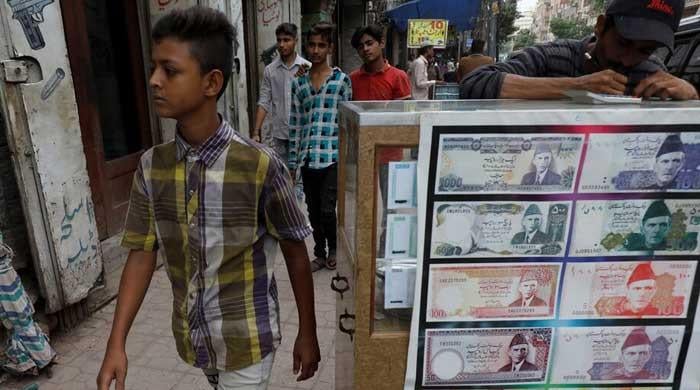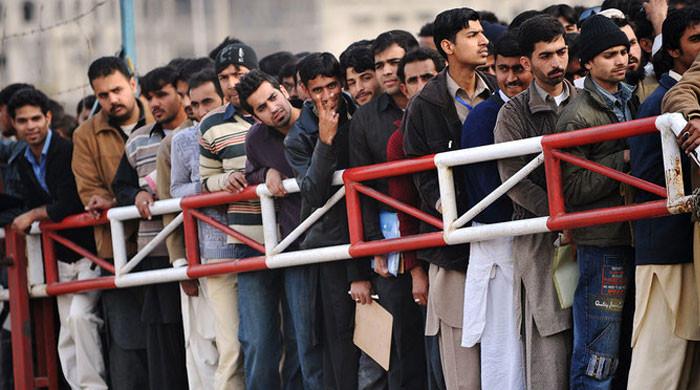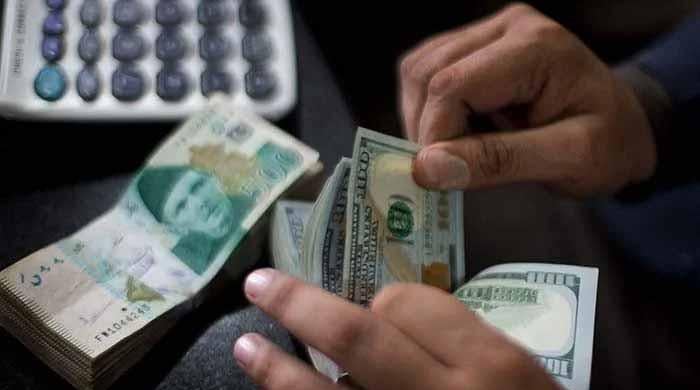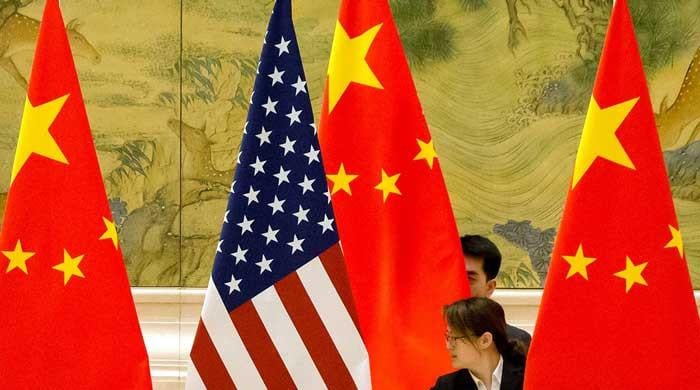US-Russia war over Ukraine: A possibility?
With Russia-Ukraine crisis looming, there is increasing concern that it could turn into a full-fledged war between Russia and US
February 21, 2022
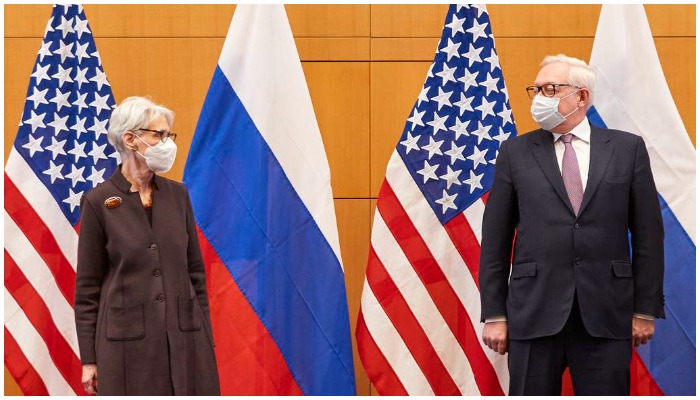
These days, the world is witnessing a looming crisis involving Ukraine and Russia. There is increasing concern that the crisis could escalate into a full-fledged war between Russia and the United States of America.
It is equally hard for people to comprehend why this issue has bounced back now, and who will benefit most from this crisis? After all, the Biden administration was supposed to roll out a campaign against China, but instead, at the moment, it is locking horns with Russia.
Timing is everything
First, let’s focus on the timing of the Ukraine crisis.
The issue has escalated when the United States is holding midterm election, and the popularity of President Joe Biden has been on the downward slope. Currently, Biden is trailing far behind his hated Republican predecessor Donald Trump, who calls him “sleepy Joe”.
In the current scenario, a tough stance against Russia will certainly boost Biden’s nationwide popularity. As a result, it could also improve the chances of the Democrats, who are struggling to win the Congress this summer.
The timing of this crisis is equally important to America’s most trustworthy ally, Europe.
In the last few decades, some of the leading economies of the European Union (EU) have tilted towards Russia for their energy needs. Currently, the EU imports 40% of its natural gas from Russia, with Germany being its biggest buyer in Europe.
Germany, the most industrialized nation of the European Union, has even withstood pressure from Washington and gone ahead connecting with Russia through an economic artery known as Nord Stream 2 (NS2).
NS2 has the potential to become the game changer for Germany. This 1,230 kilometer long pipeline is capable of doubling Moscow’s existing gas supplies to Berlin (110 billion cubic meters per year).
If this relatively cheaper gas is pumped to its full capacity, post-pandemic Germany will have an edge in scaling to new heights in industrial production.
Nord Stream 2
The Nord Stream 2 gas pipeline originates from the Ust-Luga region of Leningrad Oblast in Russia and travels under the Baltic Sea to reach the Greifswald region of Germany. It runs through the territorial waters of Finland, Sweden and Denmark before reaching the final destination.
The above three European countries have granted full permission to the project. Central European countries including Austria, Czech Republic and France are also supporting the pipeline to address their needs.
But Ukraine and Poland vehemently oppose, since the two countries earn billions of dollars in transit fees from other pipelines. For Poland, NS2 is a double disaster as this project has the potential to shatter Warsaw’s dream of becoming a regional gas hub.
To both Ukraine and Poland, Russia intends to weaponize energy against their interests. That’s the reason why Kyiv and Warsaw oppose Nord Stream 2 and insist Moscow must keep supplying gas through existing pipelines.
By beating the drums of war, the United States of America intends to stop Germany from getting gas through the NS2.
Who benefits?
In any scenario, Washington will be benefited most by the crisis. To boost defense, American companies are already selling weapons worth billions of dollars to countries like Poland.
Moreover, petroleum companies are getting far better prices and contracts for their LNG supplies to Europe.
On the contrary, arch-rival Russia will surely come under intense economic pressure. Even preparing for war will replenish all gains achieved in the last two decades.
There is every chance that Russian President Putin, who has revolutionized a bankrupt country into a significant power, will oversee the demise of progress made over this period.
Berlin faces an uncertain future, for it is practically impossible for countries like Germany to ditch Russian gas and wait for required supplies from America or its other allies
Germany needs both infrastructure and time to shift its dependency. Even then, it won’t be able to buy gas at prices offered by Russia.
German Chancellor Olaf Scholz’ Social Democrats (SPD) heavily relies on lower and middle class voters who seek cheaper gas for heating homes and affordable commodities in the market. Escalation of the crisis will result in further price hike and the SPD may end up paying the political cost.
For Ukraine, the escalation of the crisis brings unprecedented consequences. Even talks of war have crushed its economy and fearing the worst to come, Ukrainian politicians, bureaucrats and business leaders are fleeing the country to safety.
President Volodymyr Zelensky is left shaming and cursing them but to no avail. In the last few days, he is seen begging the West to stop causing panic by giving one deadline after another of possible Russian invasion.
He knows that in this scenario there is least possibility of a Euro-Atlantic trajectory for his country.
War or no war?
That is a million dollar question. Yet, based on the ground realities, some bets can be made with a reasonable probability.
First, let’s consider who can start the war?
Ukrainian President Volodymyr Zelensky is neither in a position to start or stop the war. At best, he can try to avert it.
Most European leaders are struggling to revitalize their post-pandemic economies. They know the flames of war may engulf their countries as well. Moreover, they cannot afford the expected influx of five to six million Ukrainian refugees at their borders. For these reasons, we see European nations utterly divided over handling of the crisis.
Russia may want a war but can’t afford it. The question is why it has then reportedly amassed over 150,000 soldiers along the Ukrainian border?
Well, Moscow is simply trying to avoid World War history repeating itself in the 21st century.
Instead of going to war, Moscow would more probably like to follow Beijing that has gradually progressed and now emerged as an economic superpower.
Despite willingness, the United States of America is equally not in a position to wage this war. Its claims of possible false flag operations are hard to believe as Washington had made such hollow claims in Syria as well.
Yet, Washington can surely trap Russia.
The situation is like that in the cartoons Tom and Jerry, where Jerry is trying to crash the plates on Tom and Tom is trying to catch them before they fall.




